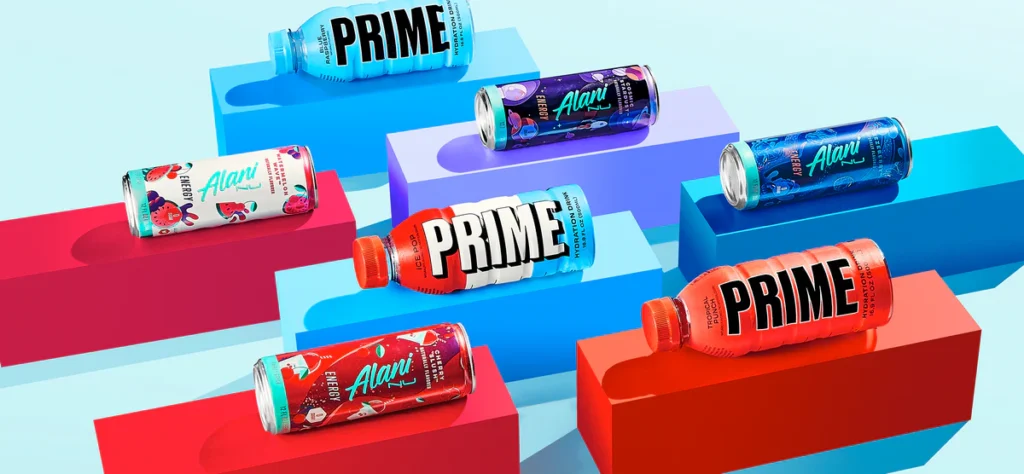Table of Contents
Introduction
In the bustling markets and vibrant streets of Congo, a myriad of brands emerges, each weaving a unique narrative that reflects the rich tapestry of Congolese culture, tradition, and innovation. From traditional crafts to modern enterprises, Congo brands embody the spirit of resilience, creativity, and community that defines this diverse nation. This exploration aims to delve into the multifaceted world of Congo brands, shedding light on their role in nurturing cultural identity, driving economic growth, and shaping narratives of pride and progress.
Celebrating Cultural Heritage The Essence of Congo Brands
At the heart of Congo brands lies a deep reverence for cultural heritage—a recognition that traditions, customs, and artistic expressions are not just relics of the past, but living manifestations of identity and belonging. Whether it’s the intricate beadwork of Kasai Craft or the soul-stirring melodies of Lingala Records, Congo brands draw inspiration from the rich tapestry of Congolese culture, infusing their products and services with authenticity and resonance.
In the realm of fashion, brands like Kuba Couture and Mama Afrique pay homage to traditional textile arts, showcasing the beauty of Congolese craftsmanship through contemporary designs and creations. Each garment tells a story of cultural heritage and artistic innovation, bridging the gap between past and present, tradition and modernity. Similarly, in the realm of food and beverage, brands like Virunga Coffee and Mama Afrique offer a taste of Congo’s culinary delights, using locally sourced ingredients and traditional recipes to celebrate the diversity and richness of Congolese cuisine.
Empowering Communities: The Social Impact of Congo Brands
Beyond cultural preservation, Congo brands play a vital role in empowering communities and fostering economic development. By providing platforms for local artisans, entrepreneurs, and farmers to showcase their talent and products, these brands create opportunities for income generation, skill development, and economic inclusion. Whether it’s through fair trade partnerships, cooperative initiatives, or training programs, Congo brands actively contribute to poverty alleviation and sustainable livelihoods, empowering individuals and communities to thrive.
For example, Virunga Coffee not only produces premium quality coffee but also supports conservation efforts and community development in the Virunga National Park, providing employment opportunities and alternative livelihoods for local residents. Similarly, Kasai Craft provides a market for traditional artisans to sell their handcrafted products, preserving cultural traditions and generating income for rural communities. Through these initiatives, Congo brands not only drive economic growth but also promote social cohesion and empowerment, creating pathways for sustainable development and shared prosperity.
Navigating Challenges The Path to Growth and Resilience
However, the journey of Congo brands is not without its challenges. Infrastructure deficiencies, political instability, and economic uncertainties pose significant barriers to growth and sustainability, hindering the ability of brands to reach their full potential and compete in the global marketplace. Moreover, the impact of external factors such as climate change, market fluctuations, and global pandemics further exacerbates these challenges, underscoring the need for resilience, innovation, and adaptability.
In response, Congo brands are embracing digital technologies, e-commerce platforms, and social media channels to expand their reach and access new markets. By leveraging the power of technology and connectivity, these brands overcome geographic barriers, connect with consumers worldwide, and tap into the growing demand for authentic, ethically sourced products and experiences. Moreover, by diversifying their product offerings, exploring new distribution channels, and forging strategic partnerships, Congo brands are diversifying their revenue streams and building resilience against external shocks and disruptions.
Case Studies Exemplifying Excellence and Impact
To illustrate these concepts, let’s explore two exemplary Congo brands that embody the essence of cultural heritage, community empowerment, and resilience:
Virunga Coffee: Founded with a mission to promote conservation and community development in the Virunga National Park, Virunga Coffee has become a symbol of quality, sustainability, and social impact. By sourcing premium coffee beans from the park’s surrounding communities and investing in conservation initiatives, the brand not only delivers exceptional products but also fosters positive change and economic empowerment in the region.
Kuba Couture: Specialising in contemporary fashion inspired by the traditional textile arts of the Kuba people, Kuba Couture celebrates the beauty and diversity of Congolese culture. By collaborating with local artisans and cooperatives, the brand preserves traditional craftsmanship and promotes economic opportunities for marginalised communities, empowering individuals to preserve their cultural heritage while creating pathways for economic advancement.
Conclusion
In conclusion, Congo brands represent more than just products or services; they are embodiments of identity, pride, and resilience. By celebrating cultural heritage, fostering community empowerment, and navigating challenges with innovation and adaptability, these brands contribute to the economic, social, and cultural fabric of Congo. As they continue to evolve and expand, Congo brands will play an increasingly important role in shaping narratives of identity, progress, and prosperity, both at home and abroad.
For More Information Please Visit These Websites Viprow And Vecteezy

